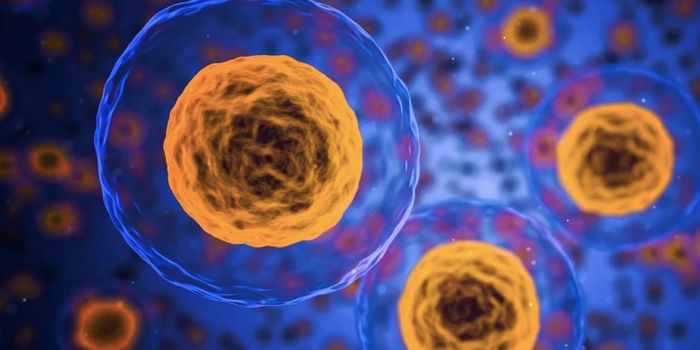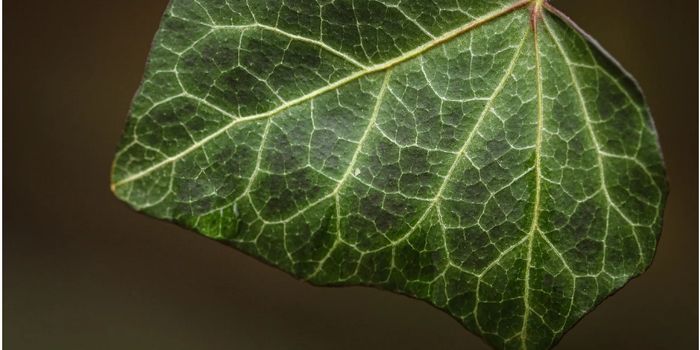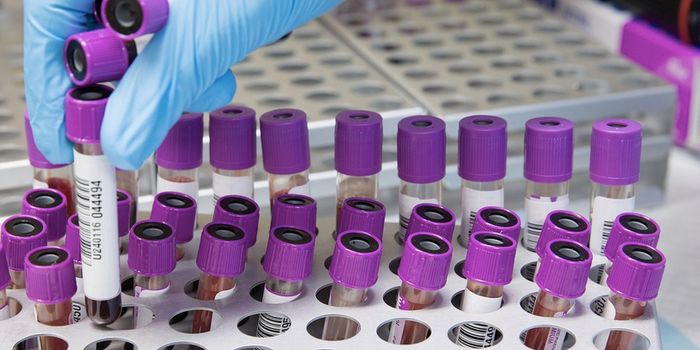Ancient Medicine and Synthetic Biology Collide to Combat Chemo Resistance
Strong chemical drugs used to obliterate all rapidly growing cells in the body have been used to treat cancer since the turn of the 20th century. While chemotherapy is still widely used in oncology, it isn't the best approach to cancer-killing—about 90 percent of cancer deaths result from tumors becoming resistant to the drugs.
Now, researchers at the University of Copenhagen are turning to ancient technologies for solutions. It's a plant that's only found in Australia and that has been used for its medicinal properties for thousands of years by Australian Aboriginal people. The plant (from the Eremophila genus) contains molecules that, when used in combination with chemotherapies, helps to inhibit tumor drug resistance.
The plant's active ingredient, a flavonoid, was tested in experimental lung and colon cancer models and was found to boost the efficacy of a chemotherapy called Irinotecan. This cancer drug uses an active ingredient called SN-38, a molecule that cancer cells have developed an ingenious way of resisting.
Tumors use a mechanism called an efflux pump to haul out chemo drugs from their cells, resulting in the drug's efficacy waning over time. The plant flavonoid inhibits the efflux pump, forcing SN-38 to remain localized within the cancer cells, eventually destroying them.
According to the researchers, nature holds the answers to many unknowns that continue to plague human health and wellbeing. Lead researcher Dan Stærk said: "The idea is to take traditional medicine knowledge, which has been passed on from generation to generation through thousands of years, and use advanced technology to determine which substances are active and which genes in the plants that code for the production of these active substances."









